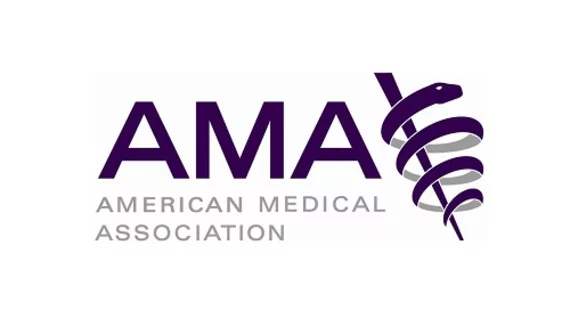AMA: Industry must level the playing field to unlock potential of AI
Before the true potential of new technologies like AI can be realized, the healthcare industry must first address health disparities and implicit bias many patients face, American Medical Association (AMA) President-Elect Patrice A. Harris, MD, said in a recent viewpoint article.
“The true potential for new technologies in medicine is to level the playing field for patients and enhance the ability of physicians to deliver safe and effective care, while reducing disparities in health outcomes,” Harris wrote.
Though new technology comes with the potential for improving patient outcomes, Harris noted they may also worsen disparities and inequalities found in the healthcare system. Using AI as an example, she said it should be used to “augment a physician’s work and reinforce the physician-patient relationship.” However, the algorithms used for AI are made by human doctors subject to implicit bias, which can negatively impact the technology and how it treats patients of color.
Earlier this year, Stanford University researchers raised concerns about the ethical implications of AI’s ability to make healthcare decisions for patients, including if the technology could mimic human biases based on race.
“Implicit bias helps explain why African-Americans are systematically undertreated for pain and underdiagnosed for chronic conditions. The risk posed here is an AI program that reflects and potentially amplifies the health-related biases of the people who wrote it,” Harris wrote.
In order to prevent the perpetuation of health disparities, Harris encouraged doctors to ask if “new technologies are improving the healthcare environment for patients, and enhancing the patient-physician relationship. And are the new digital tools truly working to end health disparities, and increase access to care for those too often left out of our healthcare system?”

